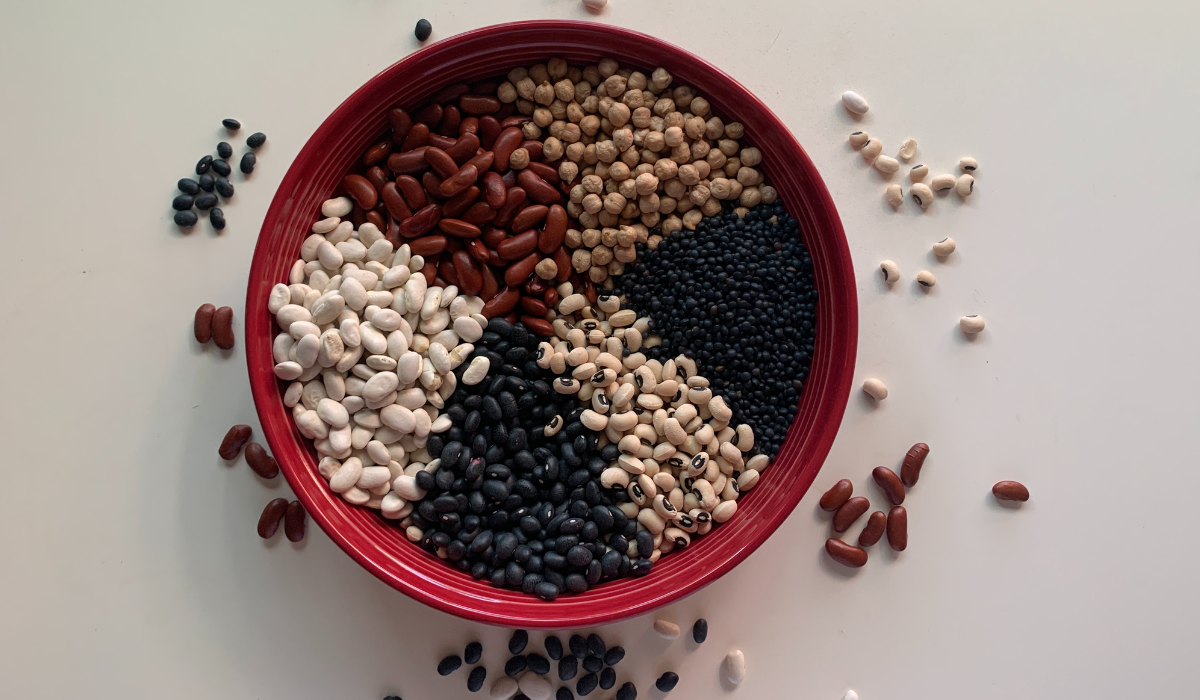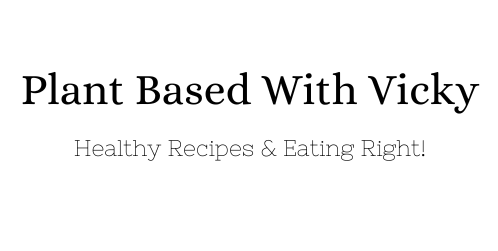What are the Health Benefits of Eating Beans

As more and more of us start to take our health more seriously, you may be asking “What are the Health Benefits of Eating Beans”?
Beans- A staple in a healthy plant based diet
Beans are a nutritional powerhouse offering a rich source of essential nutrients, sustainable protein and can be used in countless recipes. With so many varieties to choose from, you will never tire of eating these mighty wonders. Let’s take a closer look at why they are so important in a healthy diet.
1. Protein Powerhouse
One of the most remarkable aspects of beans is their high protein content. For individuals adopting a plant-based lifestyle, beans serve as a great source of protein and are affordable. Your body needs 20 amino acids which are known as building blocks of protein to function correctly.
2. Rich in Fiber
Beans are an excellent source of dietary fiber, both soluble and insoluble. Fiber aids in digestion and helps maintain a feeling of fullness. Additionally, soluble fiber in beans has been linked to reduced cholesterol levels and improved heart health.
3. Complex Carbohydrates
Beans provide a steady source of complex carbohydrates, which are essential for sustained energy throughout the day. Unlike simple carbohydrates found in processed foods, complex carbs in beans are slowly digested, helping to stabilize blood sugar levels.
4. Abundant Vitamins and Minerals
Beans are jam packed with essential vitamins and minerals, including folate, iron, magnesium, potassium, and zinc. Folate, for example, is vital for cell division and is needed during pregnancy, while iron is crucial for oxygen transport in the body.
5. Antioxidant Properties
Many beans such as red beans, pinto beans and black beans contain antioxidants like flavonoids and polyphenols, which help protect cells from damage caused by free radicals. These antioxidants have been associated with a reduced risk of chronic diseases, including certain cancers and cardiovascular diseases.
Beans as a Pillar of Plant-Based Diets
Plant-based diets emphasize the consumption of foods derived from plants, including vegetables, fruits, nuts, seeds, and grains, while limiting or eliminating animal products. Beans play a central role in these diets, serving as a versatile and nutritious substitute for animal-based protein sources. Here’s why they are indispensable in plant-based eating:
1. Weight Management
The high fiber content in beans contributes to a feeling of fullness, helping to curb overeating and promote weight management. This satiety factor is essential for those transitioning to a plant-based diet, as it can prevent cravings for less healthy, processed foods.
2. Nutrient Density
Plant-based diets can sometimes be criticized for lacking essential nutrients like vitamin B12, iron, and zinc, which are predominantly found in animal products. However, beans offer an excellent source of these nutrients, helping to bridge potential nutritional gaps in plant-based diets.
3. Sustainability
Beyond their nutritional benefits, beans have a low environmental footprint. Their cultivation requires significantly fewer resources, such as water and land, compared to the production of animal-based proteins. Incorporating beans into one’s diet contributes to a more sustainable and eco-friendly way of eating.
5. Culinary Versatility
Beans are incredibly versatile in the kitchen. They can be used in various forms, including canned, dried, or even sprouted. From soups and stews to salads and burgers, the possibilities are endless. Their adaptability makes them a favorite among plant-based and non-plant-based eaters alike.
Beans Nutritional Facts
- Black Beans
- Calories: 132 kcal
- Protein: 8.9 grams
- Carbohydrates: 23.7 grams
- Fiber: 7.3 grams
- Fat: 0.5 grams
- Vitamins and Minerals: Good source of folate, iron, magnesium, and potassium.
- Kidney Beans
- Calories: 127 kcal
- Protein: 8.7 grams
- Carbohydrates: 22.8 grams
- Fiber: 6.4 grams
- Fat: 0.5 grams
- Vitamins and Minerals: Rich in folate, iron, magnesium, and potassium.
- Pinto Beans
- Calories: 143 kcal
- Protein: 8.9 grams
- Carbohydrates: 26.2 grams
- Fiber: 9 grams
- Fat: 1.2 grams
- Vitamins and Minerals: Good source of folate, manganese, and potassium.
- Navy Beans
- Calories: 127 kcal
- Protein: 8.1 grams
- Carbohydrates: 23.6 grams
- Fiber: 6.2 grams
- Fat: 0.6 grams
- Vitamins and Minerals: Rich in folate, manganese, and potassium.
- Chickpeas (Garbanzo Beans)
- Calories: 164 kcal
- Protein: 8.9 grams
- Carbohydrates: 27.4 grams
- Fiber: 7.6 grams
- Fat: 2.6 grams
- Vitamins and Minerals: High in folate, iron, magnesium, and potassium.
- Lentils
- Calories: 116 kcal
- Protein: 9 grams
- Carbohydrates: 20 grams
- Fiber: 7.9 grams
- Fat: 0.4 grams
- Vitamins and Minerals: Excellent source of folate, iron, and manganese.
- Soybeans
- Calories: 147 kcal
- Protein: 12.35 grams
- Carbohydrates: 9.3 grams
- Fiber: 3.6 grams
- Fat: 6.8 grams (mostly unsaturated fats)
- Vitamins and Minerals: Rich in folate, iron, magnesium, and potassium.
- Lima Beans
- Calories: 115 kcal
- Protein: 6.8 grams
- Carbohydrates: 21.4 grams
- Fiber: 5.3 grams
- Fat: 0.4 grams
- Vitamins and Minerals: Good source of folate, manganese, and potassium.
- Adzuki Beans
- Calories: 128 kcal
- Protein: 7.5 grams
- Carbohydrates: 25.3 grams
- Fiber: 7.3 grams
- Fat: 0.5 grams
- Vitamins and Minerals: Rich in folate, iron, and magnesium.
- Mung Beans
- Calories: 105 kcal
- Protein: 7.02 grams
- Carbohydrates: 19.15 grams
- Fiber: 7.6 grams
- Fat: 0.38 grams
- Vitamins and Minerals: Good source of folate, manganese, and potassium.
Yes, beans stand out as a dietary choice. Whether you are looking to commit to plant based eating or just looking to add more plant based meals into your diet, beans should be a staple in your kitchen.


